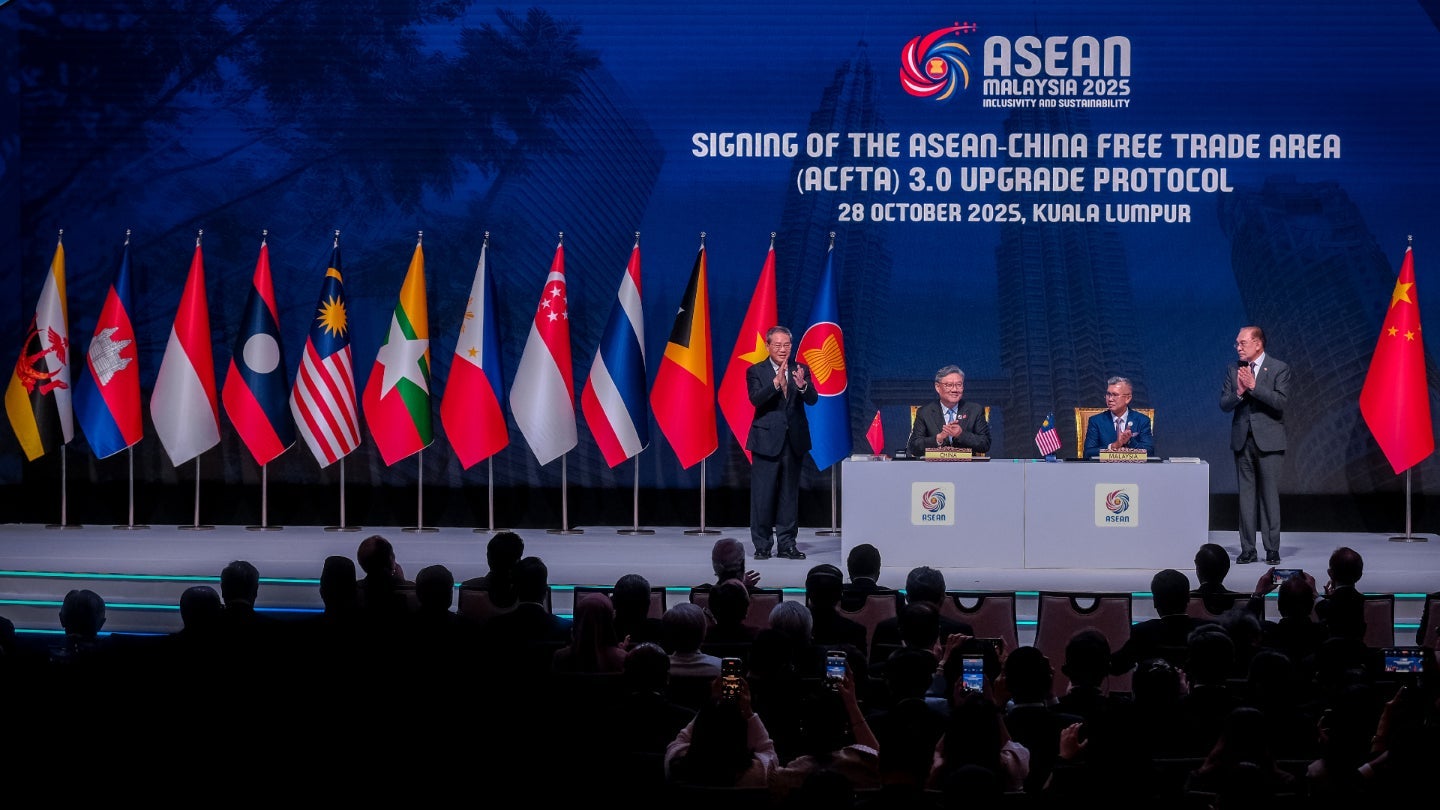Geopolitical Risk Becomes a Daily Business Concern
In the ever-evolving world of global trade, geopolitical risk is increasingly becoming a concern that businesses cannot afford to overlook. Traditionally, geopolitical risks have been viewed as remote and unrelated to everyday business operations. However, a recent report from GlobalData suggests a paradigm shift in this perspective.
The fourth edition of GlobalData’s Geopolitics Executive Briefing advises that companies across all sectors must now pay constant attention to geopolitical risks. The report emphasizes the intensifying superpower rivalry between the US and China, which uses economic weapons such as sanctions, export controls, and tariffs as a first recourse, as a significant factor influencing this change.
Nowhere to Hide from Geopolitical Risks
The rise of China as a global superpower challenging the US’s status is identified as one of the six reasons for businesses to pay constant attention to geopolitics. This rivalry is creating a zero-sum dynamic in global affairs that significantly influences political and business decisions, especially concerning non-aligned countries like India.
Why Geopolitics Matter for Businesses
The report also notes other reasons for increased attention to geopolitics, including the early-stage nature of the US-China rivalry suggesting no end in sight. There are also powerful economic spillovers due to hyper-globalisation and hyper-digitalisation, the use of business and finance as economic weapons, and the potential for geopolitical tensions and other global crises to feed off each other and become self-perpetuating.
Geopolitical Tensions and Global Trade
The report points out that the re-election of Donald Trump as US President led to the implementation of tariffs that challenged the postwar global trading system and intensified the US-China struggle in tech and critical minerals sectors. It adds that the most significant threats to trade, supply chains, and investment occur when geopolitical tensions erupt into actual and potential armed conflicts.
Such conflicts have proliferated in recent years. The report specifically mentions the chronic battles in Ukraine and Gaza and new, albeit brief, wars in Iran, South Asia, and South-East Asia. It warns that the business risks from these conflicts would pale in comparison to potential conflicts in East Asia, particularly around Taiwan, the Korean peninsula, and the South China Sea.
The report concludes by noting that some sectors, notably tech and energy (including green energy), are exceptionally ‘geopoliticised’, making them prone to being weaponised. Furthermore, geopolitical tensions are increasingly entangled with other global challenges like the climate crisis and increasing migration.
In conclusion, the increasing influence of geopolitics on global trade and business operations necessitates a more proactive and informed approach from businesses across all sectors. Only by incorporating geopolitical considerations into their strategic planning can businesses effectively manage risks and seize opportunities in today’s interconnected global economy.
For more detailed insights, access the full report Here.






